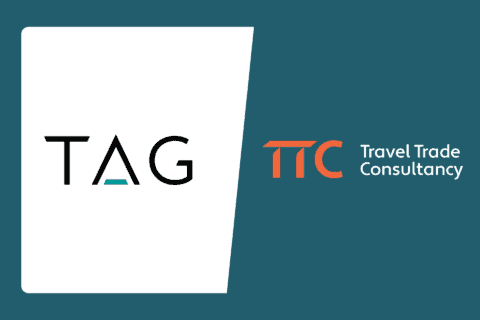Given the pressure on travel companies’ cash flow these days, finding new funding has never been more important. We’ve been helping our clients raise money to make sure they survive the short-term and are ready to bounce back when demand for travelling returns.
When starting any new project, there are four fundamental questions we help our clients answer:
How much do I need?
It’s not easy to decide how much you need in such an unpredictable environment. We know the demand for travel will return eventually but the big question is ‘when?’.
It’s the Goldilocks dilemma.
Ask for too little and you risk shattering your lender or investor’s confidence by having to ask for more in a few months time.
Ask for too much and you risk giving away control or over-levering your balance sheet, which could weigh you down in the long term. In fact, you won’t get through the credit committee front door if you can’t demonstrate a realistic plan for repayment.
To raise funds under these conditions you need a bulletproof cash flow model. One that illustrates your cash needs under different recovery scenarios and can be flexed as the outlook evolves. Plus it gives potential lenders and investors confidence that you have a firm hand on the tiller.
What will I use it for?
Whether you’re looking to raise debt or equity, the bank or investor is keenly interested in what their money is going to be used for. They want to ensure it will generate a return for them – either generating sufficient cash to make interest and capital repayments of debt, or generating growth and increasing the value of the business.
You need a clear story that articulates what you need, and what they’ll get in return. We’d recommend putting together an information pack (sometimes called an Information Memorandum) to support your request.
Equity or debt?
Each has positives and negatives and the right option or blend will depend on your specific circumstances.
Giving away equity usually means giving up some control. On the other hand, debt can be expensive with security, personal guarantees, covenants and other strings attached.
You may also need to think about your regulatory position. The CAA has a particular aversion to debt and penalises ATOL holders who give banks debentures and other security.
Where will it come from?
There are many funding sources out there and the best route for you will depend on a range of factors.
Typically early-stage funding comes from friends and family (a wealthy auntie Mabel definitely comes in handy here). Maintaining cordial relationships is a key priority and an independent valuation from a firm of friendly travel experts will definitely help!
Historically the most common route to raising debt has been through the traditional relationship banks. They loaned large amounts to the travel sector through the various government-backed Covid loan schemes (most of which have now come to an end with just the Recovery Loan Scheme operating at the time of writing).
Private Equity investment remains a viable option for larger businesses. Funds are still desperate to deploy some of their uninvested capital, and whilst valuations may have slipped from the heady multiples of a few years ago, the right Private Equity partner can add enormous value. Admittedly it’s not for everyone and can very much depend on the current owners’ appetite and willingness to give up control.
There’s certainly a lot to consider. If you’d like to discuss your options in more detail. Please get in touch!
If you enjoyed this post, why not sign-up for our newsletter? Get our latest blog posts, industry updates and exclusive content. Join our mailing list below.



